From the bench: My gift is my craft
As a child, Philip Morley's dyslexia kept him from succeeding in traditional schools, but thanks to trade school, he found his own way to soar.

I have dyslexia. It has taken me a long time to be able to say that without a feeling of shame. This sense of shame was developed early in my life and was reinforced many times through early adulthood. As a kid and teen, traditional schooling felt closed off to me in a way I couldn’t control. As a result, traditional life routes felt closed off, too. The system always seemed to be working against me. Woodworking offered me the first visible path forward. And I sincerely believe that this is a path everyone deserves to have available to them.
Dyslexia is a language-based learning disorder that affects areas of the brain that process language. It shows up differently in different people, but for me and many others, it makes reading, writing, and even speech a constant struggle. The root of the problem is the way my brain is wired, making the connections necessary for reading and writing very difficult.
The schools I attended as a child in England had no idea how to approach my dyslexia. My teachers simply assumed I was lazy or stupid … and therefore, so did I. They tried to drill reading and writing into me, believing that if I just worked hard enough everything would eventually click.
Not surprisingly, by the time I reached my teen years I had a pretty bad attitude. I was short-tempered, frustrated, and easily offended. Eventually, I was expelled because of my tendency to lash out physically when teased. This expulsion turned out to be a blessing.
My next school focused on special needs students and behavioral problems. Although it did little for my dyslexia from an academic standpoint, this school taught me valuable lessons. Watching the struggles of other students helped to shift my perspective on my own struggles. I found that I could be helpful to others. The teachers there helped me to realize that I had value, even if reading and writing remained elusive.
“For the first time, I was told I was good at something, and that was all I needed to truly thrive.”
But old habits are hard to break, and I ended up involved with a group of local teens who did not always make the best decisions. I found myself in serious trouble. During a sentencing for driving a stolen vehicle, a judge saw past my poor decisions. She decided not to send me to a juvenile detention center, but gave me a lesser sentence and encouraged me to focus on a trade school.
Trade school was where my life turned around. For the first time, I was told I was good at something, and that was all I needed to truly thrive. After I had finished initial projects early and well, the teachers started challenging me with more advanced assignments. They believed in me, and I rose to the occasion. I now know that the same wiring that made it so difficult for my brain to process words made it easy for me to process structures and visualize design and construction.
I finally found my calling. Yes, I worked hard at it and it became a passion, but I can’t deny the luck involved. England had a solid network of trade schools. If it hadn’t, I could have ended up in juvenile detention instead of pursuing my vocation. I have since learned that in Texas, where I live, 80% of prison inmates are functionally illiterate and almost double the percentage of inmates suffer from dyslexia as the general population.
In recent years, decades after all my difficulties in school, I’ve been teaching woodworking around the country. It’s been a wonderful experience. At first, old insecurities crept up. I was terrified of having to write something in front of a class or of any expectation for those assumed skills, so I shut down any offers to teach. What business did I have in the front of a classroom? My reading and writing skills made me timid. But just as there’s more than one way to learn, there’s more than one way to teach, and I have plenty to share. So I ask students to write on the board when necessary, and I handle the rest. I have learned to embrace the gifts I have and spend less time regretting those I don’t.
With this newfound self-assurance in hand, I have an eye to the future. My experience as someone with a learning disorder who ended up in the criminal justice system is far from unique, but the opportunities to escape feel rarer these days. I’d love to open up woodworking classes for kids and adults with dyslexia. My gift is my craft, and just as bits of luck helped me turn my life around, I’d love to share that gift with others in a similar situation.
Philip Morley makes custom furniture in Wimberley, Texas.
From Fine Woodworking #290
How to Make a Wooden Pendant Pull
Easy Technique for Gluing Thin Panels
Low-profile clamps and blue tape combine to eliminate buckling during the glue-up.
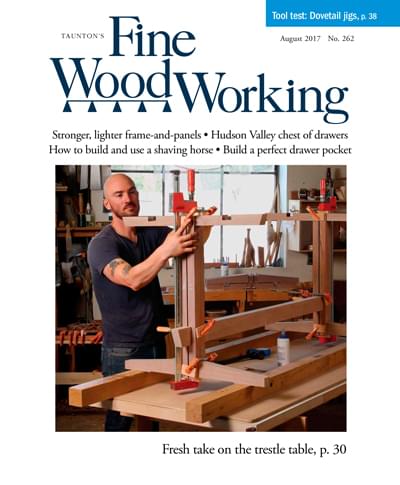



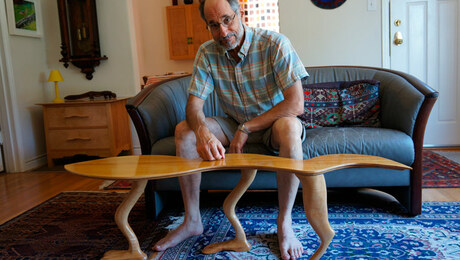



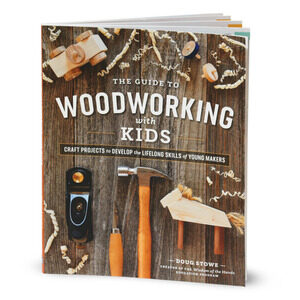
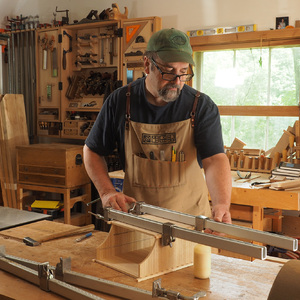

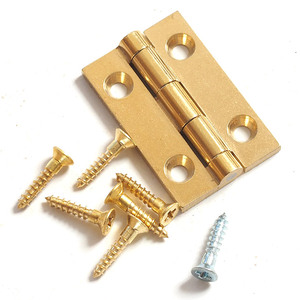







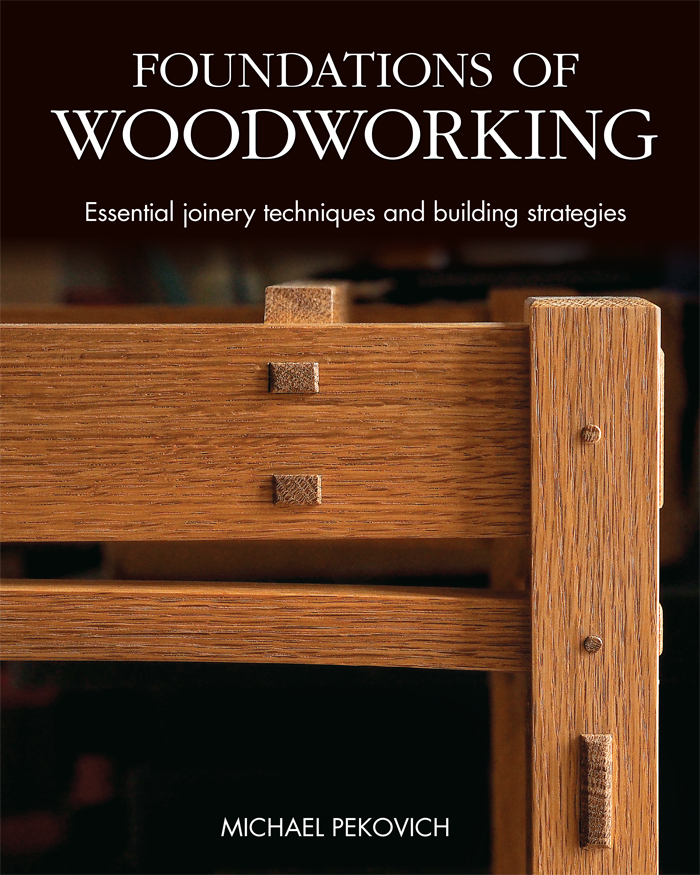
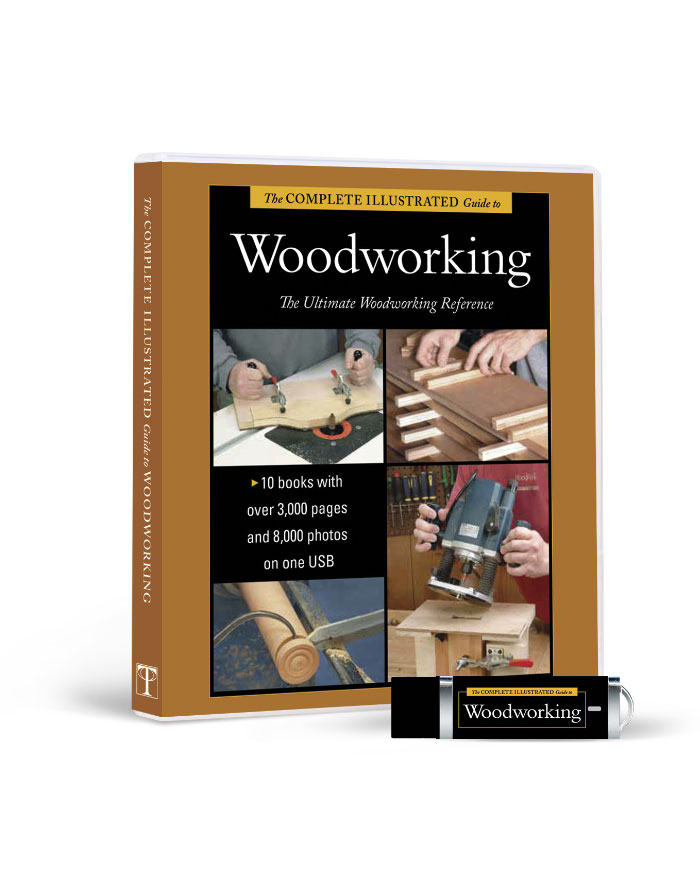







Comments
Phillip, your "From the bench: My gift is my craft" article took a lot of courage and reflects how the social norms about learning have changed slowly over the years.
More importantly, here in the great state of Texas, you are an artistic craftsman of earned recognition in the FWW community as evident in your Woodworker's Podcast as well as your hometown.
I wish you continued success as you will be a positive leader for many people as you demonstrate overcoming adversity and proving to all that developing trade skills is exceptionally rewarding when people acknowledge your talent! Look forward to meeting you one day!
Phillip I follow you on Insta and love your posts. I am 66 and discovered woodworking at 62. I wish I had your your experience at Trade School. I have a similar experience with Dyslexia and ADD making sitting and designing still really tough. I had some fantastic teachers at my woodworking quest and they really made sure that I stayed on course be patient and helped me visualise things which is something with ADD is a struggle. One of my fellow students said something to me that echoes in my brain....it's all about the journey. I now have my own little workshop on my garage, am happy to make tons of mistakes as that is the only way I can learn. Woodworking has saved my sanity and given for the 1st time in my life a huge sense of accomplishemt. Thanks for your story, while I am at best a h0bbyist, one day I hope to accomplish builds and be really able to design - hopefully before I really get old :) Maybe even one day on as trip back to the US, I'll get to stop in and say hi.
Thanks for the inspiration and wonderful posts.
Great essay. Thank you.
Thank you for writing this story, as with you my mechanical abilities were my salvation. I made an excellent living as a union sheet metal worker. But woodworking has always been my greatest passion. As a young boy I was very small in stature and had a very difficult time learning in school, due to the fact that I was diagnosed with dyslexia. I did not learn in conventional ways. Reading, writing and spelling was an enigma to me. Unfortunately I didn't have the advantage of modern-day computers to help me with reading and writing. In that day and age schools allowed bullying, in fact many of the teachers took great pleasure in participating themselves. In eighth grade I decided to start fighting back. There was a young man that stood at least a foot taller than me and had 50 pounds on me. The daily routine would be this person would smack me in the back of the head as hard is he could, knock my books out of my hand and slammed me against the lockers. Everybody was watching with great amusement including teaches. That afternoon I had had enough. I gathered my things and sore this bully entering the stairs I ran at full speed and with a flying kick, kicked him in his back sending him down the concrete steps to the bottom. I jumped from the top step onto him and beat the living's snot out of him until I broke my right hand on his face, everybody was watching. Not a word was said by anyone that witnessed the fight as to what happened. The bully went into the nurses office telling the nurse that he slipped and fell down the stairs. He was too embarrassed to confess that somebody of my size did that to him. I spent the rest of the day in classes, then came home from school and told my mother my hand was slammed in the door. The bullying somewhat stopped and I gained a certain level of respect with other students, But I had to keep fighting to keep the status quo. School was a 13 year prison sentence. The teaching staff was the closest thing to Sgt. Schultz in the TV series Hogan's Heroes. Hear no evil, see no evil, speak no evil, never get involved. They were truly a deplorable lot of human beings. Later in life I learned that I could learn. I married a wonderful woman who was very supportive and encouraging. With her support I went on to be a private pilot. Requiring the reading and digestion of procedures and manuals. The advent of computers has allowed me to become an avid book reader using text to speech technology. Thanks again for a wonderful and inspiring post.
Brilliant piece Phillip, thanks for sharing your life experiences.
Log in or create an account to post a comment.
Sign up Log in